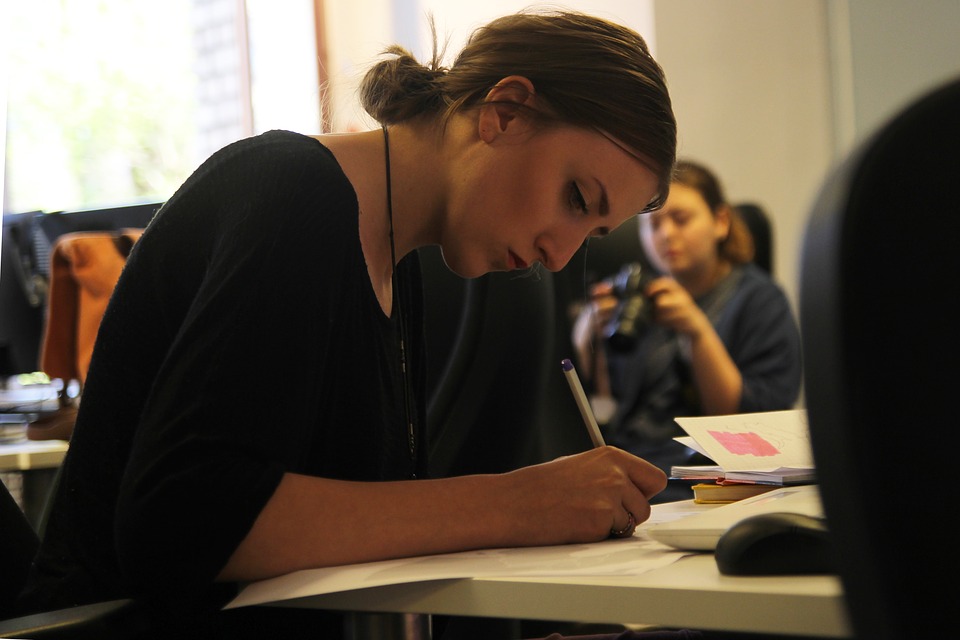Architect hiring confidence levels at lowest for almost two years
Architecture practices are showing a significant decrease in appetite to recruit permanent architectural staff, a new survey has revealed.

The Future Trends Staffing Index from the Royal Institute of British Architects (RIBA) fell, a bellwether hiring index for architects, fell five points in July to -3.
This is the first time that the Staffing Index has fallen into negative territory for almost two years.
The Workload Index reduced to +5, dropping from +9 in June 2019.
While practices in the North of England remained the most positive (+39) and the South, Wales, and the West continued to show greater confidence about future workloads (both up two points since June), practices in London remain the most downbeat, returning a figure of -15 from -8. The Midlands and East Anglia also slipped into negative territory from 0 to -10.
Large practices (51+ staff) again seemed the most confident, while medium-sized practices (11 to 50 staff) returned a workload balance of +22 and small practices (1 to 10 staff) recorded a two-point fall to +3.
While increasing overall (to +3), the private housing sector forecast varied significantly by region this month: in London, the private housing sector forecast dropped to -18, whereas in the North of England it rose to +32.
The commercial sector workload forecast dropped to -2, the fifth time in the past 12 months that the commercial sector forecast has been negative, and the community sector returned a balance of -1.
RIBA head of economic research and analysis, Adrian Malleson, said: “Commentary from practices paints a concerning picture - the looming Brexit deadline continues to cause uncertainty. This month, practices have described the architectural market as both quiet and challenging. Commissions are coming in less frequently, projects are being put on hold, practices are much less confident about the number of permanent staff and there are deep feelings of apprehension and unease about the possibility of a no-deal Brexit.”























